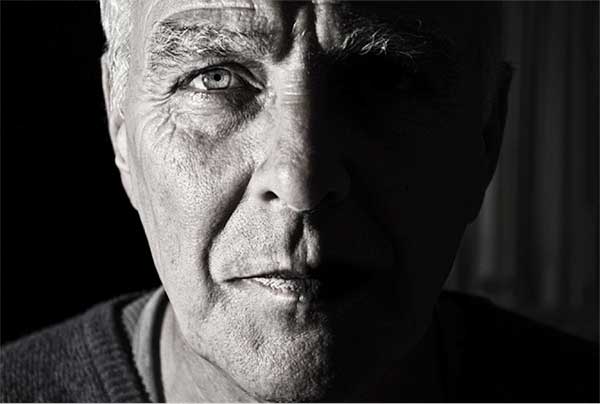How To Help An Adult Who Is Living With Bipolar Disorder

Bipolar disorder affects millions of Americans, and while it is often associated with young people, it can be found in adults as well. Sometimes called manic depression, bipolar disorder affects emotions and behavior and can lead to manic states, during which behavior is unpredictable and can include recklessness, outbursts or periods of rage, outrageous demands, substance abuse, and irresponsible decisions. In children, this can cause issues at school or socially; in adults, the consequences can sometimes be much more serious. Irresponsibility can affect finances, relationships, living situations, employment, and health, and when the manic behavior subsides, they are left to clean up the mess while depression slowly eats at their energy, confidence, and mood.
For this reason, it’s often necessary for adults living with bipolar disorder to have a caregiver or someone who lives with them to help with day-to-day activities. It can be difficult to take on this job, however, so it’s important to know how to handle the effects of bipolar disorder and how to help the sufferer cope with daily life.
Do your research
One of the best ways you can help your loved one is to do some research on bipolar disorder and its effects. If possible, attend a doctor’s appointment with your loved one so that you may ask questions about their medication, therapy, or other treatment methods.
Be patient
It won’t always be easy, but it’s important to remain patient and calm throughout your loved one’s manic episodes and depressive states. Getting upset at behavior that is largely out of their control won’t do anyone good, so take a deep breath and try to help your loved one stay focused.
Help them find alternative therapies
Of course, it’s always a good idea to ask the sufferer’s doctor about any new therapy, but there are things your loved one can do to help minimize symptoms of anxiety and depression. Meditation, yoga, and art therapy are three simple ways to combat these mood disorders, so if the doctor says it’s okay, offer to try them along with your loved one. Do some research to choose the one that will have the best effect.
Reduce stress
Living with bipolar disorder can be stressful for the individual and the family members, so reducing all other stress factors is necessary. Eliminate small stresses if possible and learn coping and relaxation methods for everyone in the family.
Work on communication
Successful communication is necessary for everyone in the household, so remember to be open and honest and encourage your loved one to do the same. Hold family meetings every so often so that everyone is on the same page.
Seek help
Remember that you can’t do everything on your own. Sometimes those living with bipolar disorder require professional help, even with daily activities, and there is no shame in that. When you start to feel overwhelmed, or if your loved one is having a hard time coping, consider an assisted living option. Your loved one’s health and well-being are the most important thing, so ask for help when you need it.






